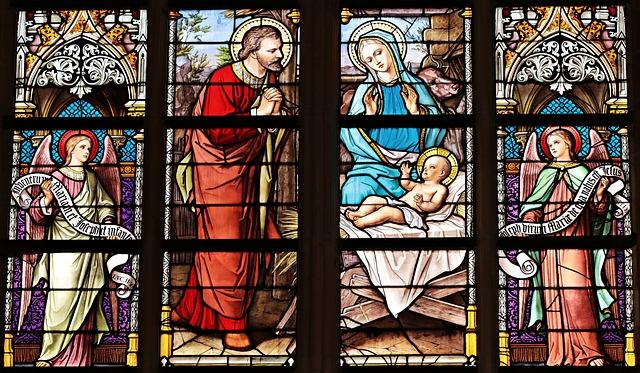Religion has played a significant role in shaping society throughout history. From ancient civilizations to modern societies, religious beliefs and practices have had a profound impact on politics, culture, art, and daily life. In this blog post, we will take a historical overview of the influence of religion on society, exploring how religion has shaped the development of law and government, influenced the arts, shaped economic and social structures, and caused both conflict and change.
Ancient Civilizations
Ancient civilizations, such as the Egyptians and the Greeks, had complex religious systems that greatly influenced their politics, culture, and daily life. The Egyptians, for instance, had a polytheistic religion that played a central role in their society, influencing everything from their architecture to their governance. Similarly, the Greeks had a pantheon of gods and goddesses that were deeply ingrained in their culture and society. Religion was a fundamental aspect of daily life for these ancient civilizations and played a key role in shaping their societies.
Religion and the Development of Law and Government
Religion has also played a major role in shaping the development of law and government. For example, the Ten Commandments in Judaism and Christianity have had a profound influence on Western legal systems. These commandments formed the basis of many legal systems and continue to shape legal principles in many countries today. Religion has also played a role in the formation of political systems, with many countries being founded on religious principles and beliefs.
Religion and the Arts
Religion has had a significant impact on art, architecture, and literature. Many of the world's greatest works of art and architecture were created to honor religious figures or to depict religious stories and themes. From the Sistine Chapel in Rome to the temples of ancient Egypt, religious architecture has been a source of inspiration for many artists and architects throughout history. Similarly, literature has been heavily influenced by religious beliefs and practices, with many stories and myths being rooted in religious traditions.
Religion and Economic and Social Structures
Religion has also played a role in shaping the economic and social structures of societies. For example, the Catholic Church in medieval Europe was a major landowner and controlled significant economic resources. This enabled the Church to exert a great deal of influence over society and government. Similarly, many religious institutions have played a major role in shaping social structures, with many communities being built around religious beliefs and practices.
Religion and Conflict
Religion has also been a major source of conflict and division throughout history. Many wars and conflicts have been fought over religious differences, and religious intolerance and persecution have been a persistent problem in many societies. From the Crusades to the Holocaust, religious beliefs have been used to justify acts of aggression and violence. Despite this, religion has also been a powerful force for social and political change, inspiring movements for civil rights, social justice, and peace.
Religion and Social and Political Change
Religion has been a powerful force for social and political change throughout history. From the Civil Rights Movement to the fight for LGBTQ rights, religious beliefs and practices have played a major role in shaping social and political movements.
One example of a religious movement for social change is the Civil Rights Movement in the United States. This movement, which sought to end racial discrimination and segregation, was heavily influenced by religious leaders such as Martin Luther King Jr. King, a Baptist minister, was a vocal advocate for civil rights and used his religious beliefs to inspire the Civil Rights Movement. He famously stated, “Injustice anywhere is a threat to justice everywhere,” which was heavily influenced by his Christian beliefs.
Another example of a religious movement for social change is the Indian independence movement. Mahatma Gandhi, who was heavily influenced by the Hindu concept of non-violence, led the movement for Indian independence from British colonial rule. He used his religious beliefs to inspire peaceful protests and civil disobedience, ultimately leading to the end of British rule in India.
Religion has also been a powerful force for peace and social justice. The Dalai Lama, the spiritual leader of Tibet, is a notable example of how religion can inspire movements for peace and nonviolence. He has been a vocal advocate for the rights of the Tibetan people and has used his religious beliefs to promote peace and understanding.
In addition, many religious organizations, such as the Catholic Church, have played a key role in promoting social justice and human rights. These organizations have advocated for issues such as poverty, education, and healthcare, and have provided aid and support to those in need.
Conclusion
In conclusion, the relationship between religion and society is complex and multifaceted. It has played a significant role in shaping the world we live in today and continues to evolve in the present day. It is important to study the historical relationship between religion and society in order to understand the role that religion plays in shaping the world we live in today and to inform our decisions about how to address religious issues in the future. Religion has been a powerful force throughout history, both for good and for ill, and it is important that we take a critical and reflective approach when examining its role in shaping our world.



